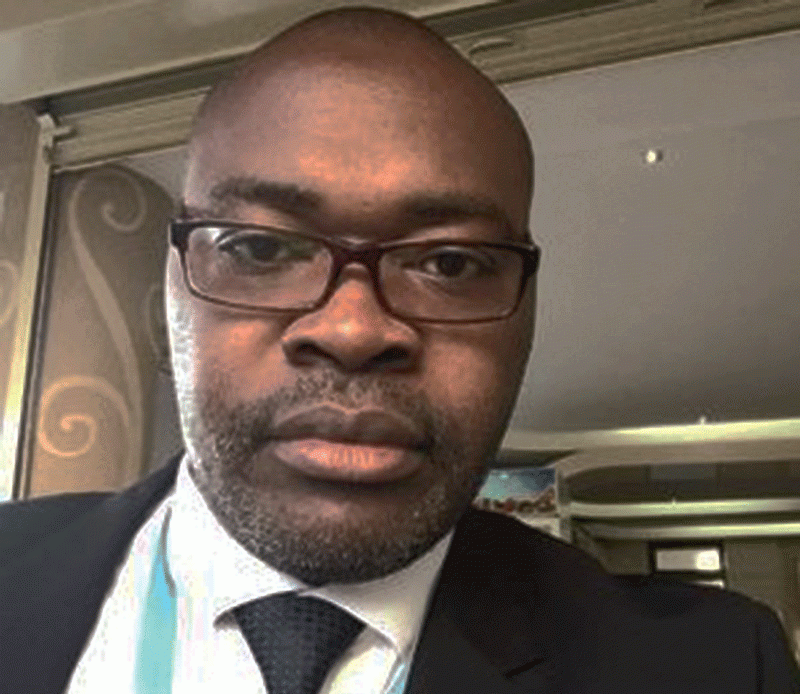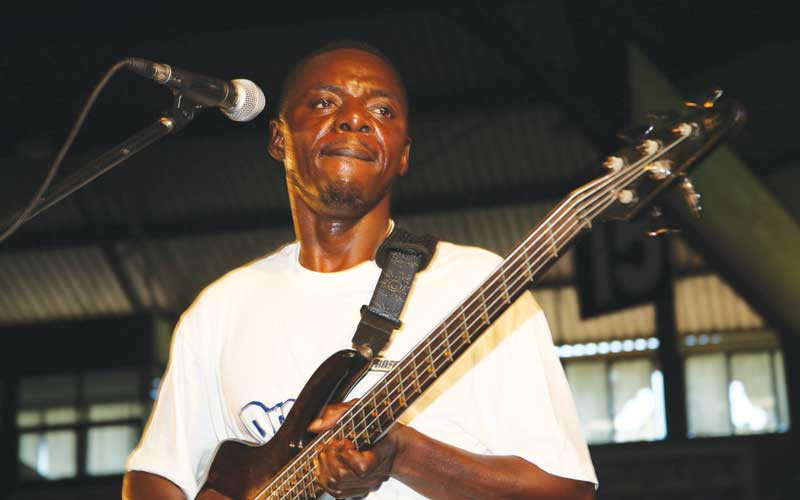
One reader recently wrote asking whether what we are advocating for as development in Africa is a replica of the Western model of economic development. The reader argued that if that is what we envisage Africa to achieve, then it would require regression to many centuries to establish the same social, political and economic structures as Western countries.
It would also mean putting aside human rights, democracy and the freedoms that humanity has achieved thus far. It would also mean forcing people to provide cheap or free labour and bringing back domestic slavery. It would mean rewinding the clock.
To respond to this question it would make sense to try and envisage what we want for Africa and how that can be achieved. In general, development is about contentment which is a state of being happy and satisfied. When a society feels that it is content and happy and that it has access to basic needs, then development will have happened. Within the social development framework, it means high life expectancy; access to relevant informal and formal education; access to healthcare, adequate water and sanitation; safety and security; and affording food and diet.
The next level after these have been achieved is to ensure conditions that enable the improvement of the well-being of every individual in society so they can reach their full potential. Once full potential and self-actualisation are achieved, they will lead to the organic growth of an economy enabling societies to continuously grow and get better. Achieving this requires a collaborative effort between the people and its leadership with the latter playing a leading role in investing in people, developing strategies and creating a conducive operating environment.
One of the challenges African governments face today is that they adopted governance and public management systems and structures that depended on former colonisers’ oversight. This has continued to give former colonisers the power to interfere in independent African States’ internal affairs. In addition, their planning and their view of the world continue to be informed by imperialism and colonial blueprints whose objectives are designed to maintain colonial exploitation.
In addition, colonialism was also about the extraction of resources and thus they concentrated on productive sectors and basic services in towns and cities primarily for easy management of economic processes and secondarily for easy control of the colonised societies and accumulation of wealth. Today, most people in Africa view urban life as the prototype of development and civilisation to the extent that some have dumped their profitable livelihoods and valuable pieces of land and moved to urban areas. That is one example of how colonialism continues to undermine development in Africa.
Remnants of colonialism have established deep-rooted structures through which powerful nations subordinate and exploit others. The social order in the form of race, class and gender established by colonialism remains embedded in these systems and structures. These have been justified, legitimised and normalised by claiming that the European way of life is the only way to which Africa should aspire. And this places a burden on Africans and their governments to adopt everything Western as part of how they view their world and how development must occur. Colonialism cannot be a thing of the past if the present is governed by its rules.
An example of how colonialism still shapes the former colonies’ worldview can be seen in the way African countries continue to centralise economic development in urban areas where access to basic services, and economic and employment opportunities are the preserve of to struggling government structures.
- Open letter to President Mnangagwa
- Feature: ‘It’s worse right now than under Mugabe’: Sikhala pays the price of opposition in solitary cell
- Masvingo turns down fire tender deal
- Human-wildlife conflict drive African wild dogs to extinction
Keep Reading
They face pressure to build more structures and to provide services in towns and cities, instead of supporting rural economic activities that enable rural communities to be more self-sustainable and forestall urbanisation.
Rural areas in Africa make up a large proportion of the continent and these should be the main focus for African governments.
The role of government in the rural development model is to remove economic growth barriers so that all citizens can realise their dreams with confidence and dignity without being pressured to pursue a better life in towns and cities.
Poverty in Africa is partly caused by an overconcentration on urban areas, while neglecting rural areas. Africa is still very largely rural and agricultural, as some 75 per cent of all Africans are living outside cities and towns. However, in the past decades, urbanization has increased at an alarming pace and it is now one of the major causes of stress in many African economies.
Africa can forge its development model configured around promoting economic growth in rural areas. Access to education for production, entrepreneurship, physical infrastructure, and social infrastructure all play an important role in developing rural areas. Rural development is also characterized by its emphasis on locally produced economic development strategies. This includes ensuring access to water for domestic and livelihood use as well as the availability of renewable energy such as solar which can help power rural productive sectors. Access to transport and telecommunication networks also helps to facilitate access to markets, trade, awareness and information sharing. Once rural communities are self-sustained and do not have to worry about paying unnecessary bills, it would massively reduce poverty in many African countries.
Tapiwa Gomo is a development consultant based in Pretoria, South Africa. He writes here in his personal capacity.











